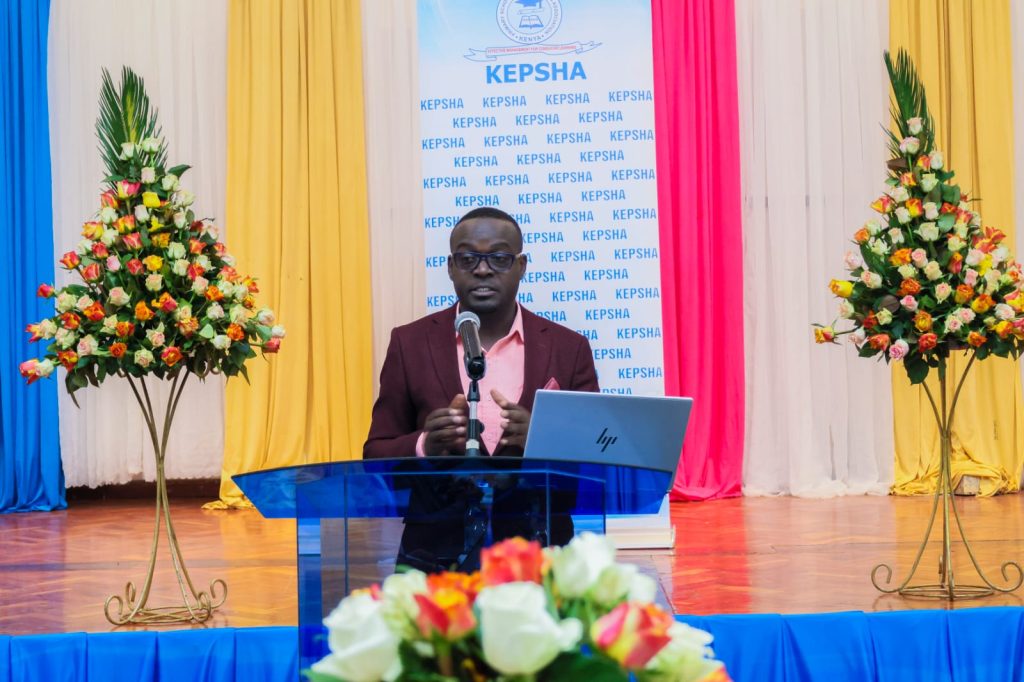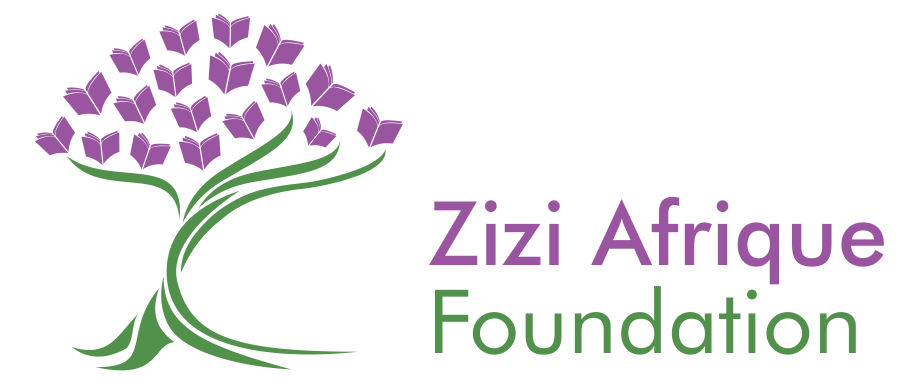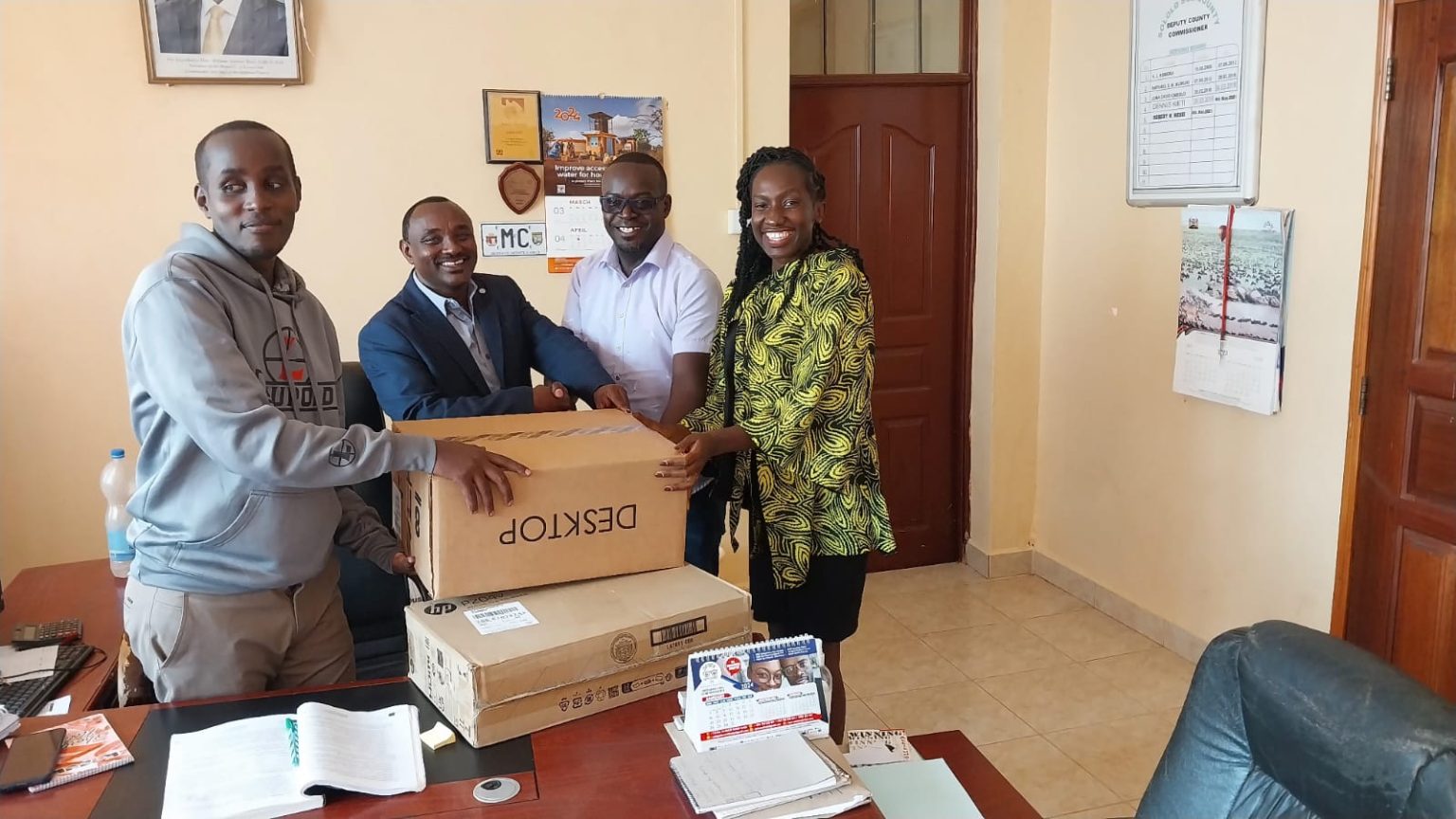My experiences in education often remind me of the crucial role that family and community play in the learning process. This awareness took root during my first teaching experience when I encountered a classroom of eager young students who sought more than just the lessons I had prepared. They needed parental guidance, encouragement, and support beyond the pen and book. These memories resurfaced in my mind during a ten-hour journey from Nairobi to Sololo, a town in Marsabit County.
Sololo is a small, vibrant town located at the border of Kenya and Ethiopia. It is home to the Borana people, a community that boasts of rich cultural diversity and natural beauty. However, like many rural areas in Sub-Saharan Africa, Sololo faces significant challenges in its education system. This blog takes you on a tour of the educational landscape of Sololo, shedding light on both the barriers and enabling factors to the progress made in education.
Upon arriving in Sololo, our first visit was to the office of the Assistant County Commissioners and the Sub-County Education Directors. Here, we learned about the 100% transition program, known as Policy Learning for Universal Secondary (PLUS), implemented by Zizi Afrique Foundation. The program has been well-received by the community, but concerns about student retention were prevalent. We assured the local leaders of our commitment to supporting the children and youth of Sololo, ensuring they not only learn but thrive.
As we explored Sololo, the hills surrounding the town served as a constant reminder of the region’s challenges like floods, droughts, and perennial conflicts, several challenges that have both direct and indirect impact on access to education. The economic struggles were evident, with businesses like the trade in miraa (a local stimulant) dominating the landscape. During our meeting with the Sub-County Teachers Service Commission Director, Yussuf Mohamed, it became clear that teacher recruitment and retention were major challenges, further complicating the delivery of quality education.
Our visit to Sololo Mixed Secondary School introduced us to Mr. Halakhe Dido, the School Principal, whose story is one of resilience and dedication. When he first took charge, the school had only six students, many had left due to perennial insecurity in Sololo. Through his efforts working as a principal, mentor and parent marked a turning point as the school grew from six students to two hundred and sixty-eight, raising the transition and retention rates in the school. Despite this progress, Mr. Halakhe voiced concerns about parents’ disinterest in education, insufficient funding, and the mental health struggles faced by teachers. His unwavering commitment to his students left a deep impression on me, highlighting the rarity and value of such dedication to education systemic change.
The following day we held a meeting where Borana elders and community leaders gathered. The low representation of women—a stark reminder of the ongoing gender disparities in education—was a concern. However, the interaction with the Borana elders, who welcomed us with songs and greetings, emphasized the importance of cultural competence in stakeholder engagement. This experience underscored the beauty and necessity of diversity and inclusivity in education.
Our field visit then continued to Uran, the Northernmost secondary school in Kenya. The school’s sparse infrastructure and limited resources were striking. The headteacher shared the myriad challenges he faced, including the lack of sports facilities, unpaid school fees, and inadequate dormitories. His efforts to sustain the students through small-scale farming were a testament to the resilience needed to keep education alive in such a remote area.
As I spoke to the students at Uran, I was reminded of a motivational talk I once heard in high school, which spoke of possibilities where chances seemed slim. I encouraged the students to believe in the potential for change in Sololo and reminded them that education is the most powerful equalizer in life.
Education is a fundamental right that opens doors to opportunity and development. In Sololo, while challenges persist, there is a sense of optimism fueled by community efforts, government support, and innovative initiatives like PLUS. By addressing infrastructure gaps, enhancing teacher quality, and tackling socio-economic barriers, Sololo can continue to make strides toward providing quality education for all children.
Reflecting on Sololo’s journey in education, it is evident that collective action and sustained commitment are essential to creating a brighter future for the next generation. The 100% transition initiative in Sololo is a testament to the transformative impact of Zizi Afrique Foundation’s work. My experiences in Sololo dismantled myths and stereotypes about nomadic pastoralist communities, revealing that true wisdom comes from embracing diversity.
The Zizi Afrique Foundation PLUS initiative is a good example of the impact of collaboration and partnership in the education ecosystem. There is a perception shift among the great people of Sololo and the future of education in Marsabit. Together, we can create a world where every child can access quality education, learn, and thrive.


